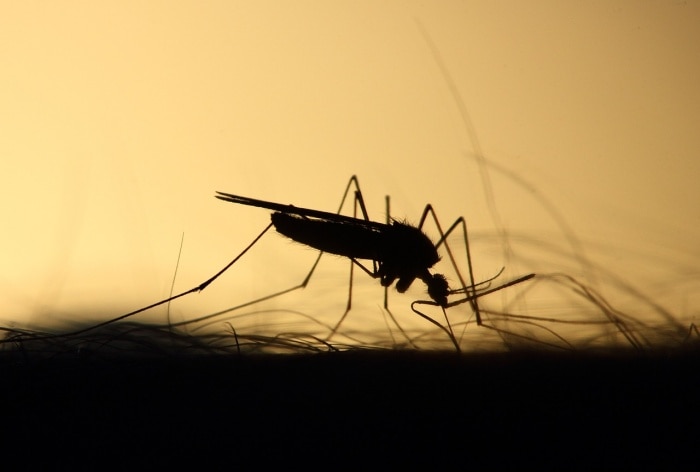Dengue cases have crossed a mark of 500 in Uttarakhand and deaths related to dengue have also been reported. In the light of increasing spread of the infection, a new study reveals that high-temperature could be a cause behind it.

Dengue cases are on a steep rise across India. It has crossed the 500- mark in Uttarakhand due to incessant rainfall and waterlogging. Deaths related to dengue have also been reported in Kolkata and Mumbai. This has sounded an alarm among the health departments. Amid the increasing number of cases, there is a recent study that indicates that high temperatures could be a catalyst in rising cases of the infection. The Dengue virus could become more virulent due to increasing temperatures, according to a study that could help in predicting and mitigating the severity and virulence of the recurring tropical disease that witnesses an outbreak in the monsoon. Researchers at Rajiv Gandhi Centre for Biotechnology (RGCB) in Kerala found that dengue becomes more severe and hostile in animal models when its virus (DENV) while being grown in mosquito-derived cells is exposed to higher temperatures.
“Dengue being a mosquito-transmitted disease, the ability of the causative virus to grow in the cells of mosquito as well as in humans is a critical factor in viral virulence. The body temperature of mosquitoes is not constant as in higher animals and it increases or decreases with the environmental temperature,” said Easwaran Sreekumar, the team leader of the research from RGCB.
HOW DOES HIGH TEMPERATURE AFFECT RISE IN DENGUE?
In seasons of enhanced environmental temperature, with intermittent rainfalls promoting mosquito growth, there is a chance of emergence of more virulent dengue virus and severe disease conditions. It was earlier observed that a relatively higher environmental temperature shortens the incubation period of the virus in mosquitoes, resulting in an increase in human transmission.
“So far it is not known whether the higher temperature growth condition will affect the virulence of the virus. For the first time, our recent study points out that there is such a possibility. DENV cultured at a higher temperature in mosquito cells was significantly more virulent than the virus grown at a lower temperature,” the researchers said.
Dengue is a viral infection caused by DENV and transmitted to humans through the bite of infected mosquitoes. Globally, the incidence of dengue is on the rise over the years, with a corresponding increase in disease severity and fatality. While in the majority of the patients, the disease is mild and self-limiting, in some patients, it causes life-threatening thrombocytopenia or extremely low platelet count in blood, and shock syndrome.
DENGUE: PREVENTION TIPS
- Wear full sleeves clothes and lowers
- Maintain proper hygiene
- Keep surroundings clear
- Do not allow water to stagnate
- Wear mosquito repellants
- Eat immunity-boosting food
- Stay hydrated

Don’t Miss Out on the Latest Updates.
Subscribe to Our Newsletter Today!

